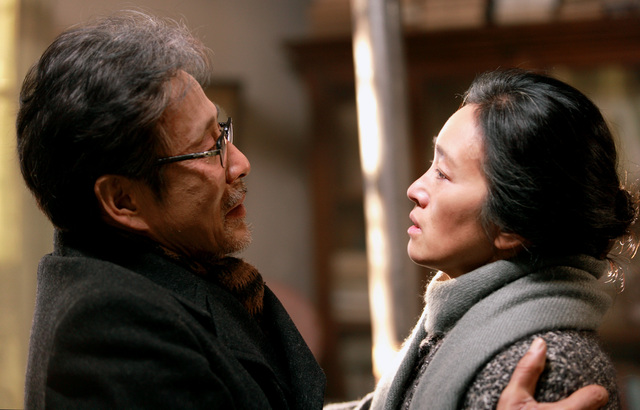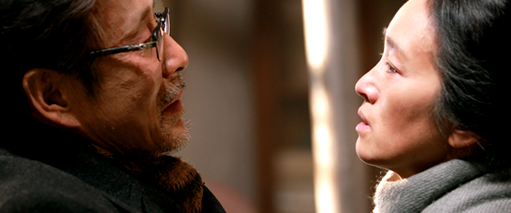Film Review: Coming Home
Zhang Yimou Directs Unforgettable Chinese Drama About The Power Of Forgetting


Latest Article|September 3, 2020|Free
::Making Grown Men Cry Since 1992

